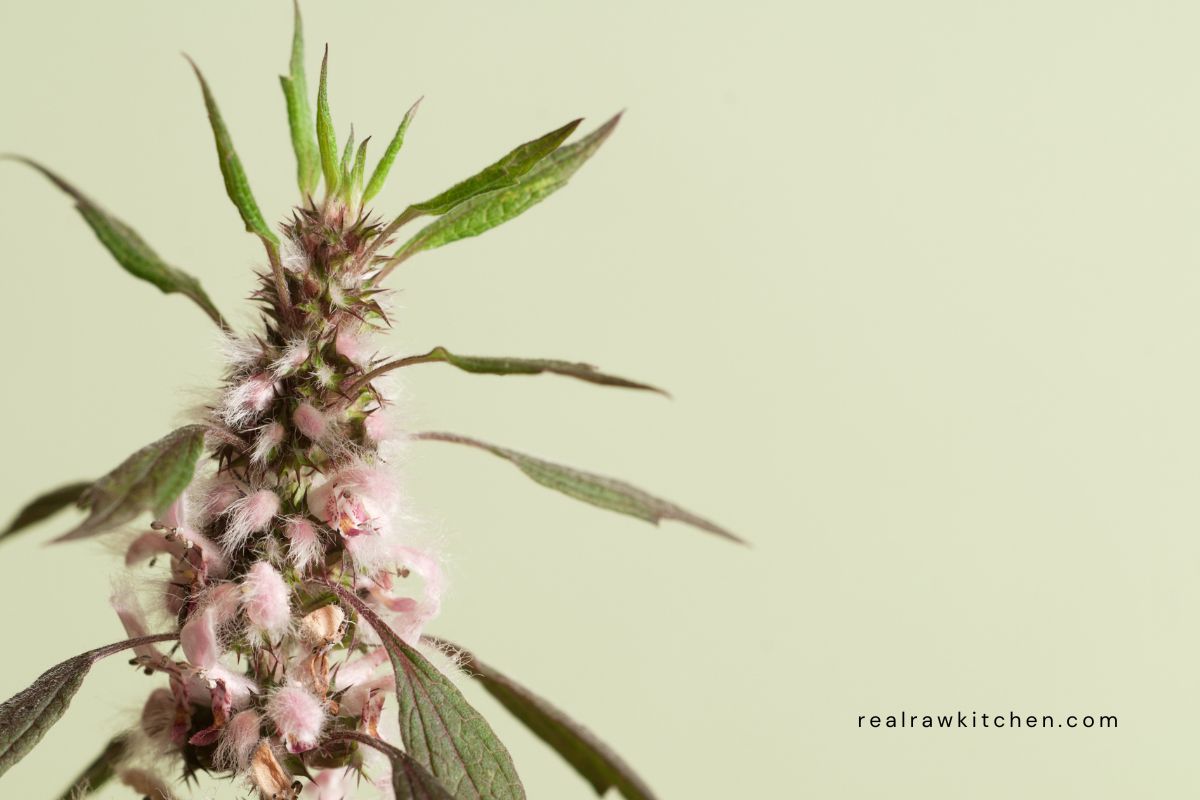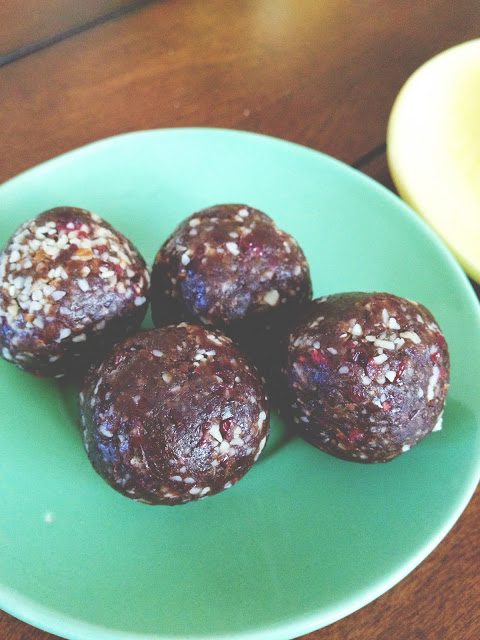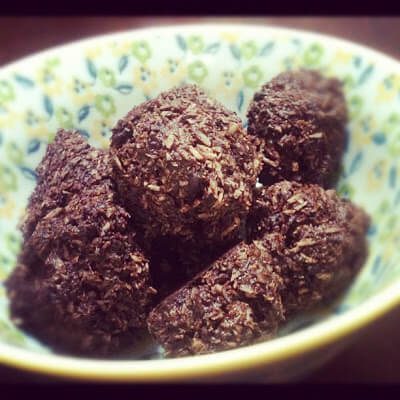Motherwort is a herbal medicine with a history of thousands of years of applications aimed at improving women’s health, as also suggested by the plant’s name, literally mother’s herb.
It is native to Asia and Southeastern Europe but can now be found worldwide. Due to its prickly and upright appearance, Motherwort is also called lion’s tail.
Although current studies on the potential health benefits of this plant are limited, we know today that Motherwort may have some actual health benefits for the heart, due to the presence of flavonoids. These benefits are also suggested by its Latin botanical name, Leonurus cardiaca, where cardiaca refers to the heart.
Today we will explore motherwort’s benefits in more detail, together with its side effects and the best ways to consume it safely.
Known Motherwort benefits
Motherwort has been traditionally used in ancient Greece to reduce heart palpitations in pregnant women suffering from anxiety. As this use continued, the plant acquired its reputation and name as mother’s herb.
In China, Motherwort was believed to increase longevity and it is still administered today post-labour, in order to ease the womb. In fact, the plant has a relaxing power on smooth muscles, which include not only the uterus but also the stomach and intestines. In Europe, it’s used as a remedy in case of delayed or suppressed menstruation, but also against symptoms of menopause, such as hot flashes.
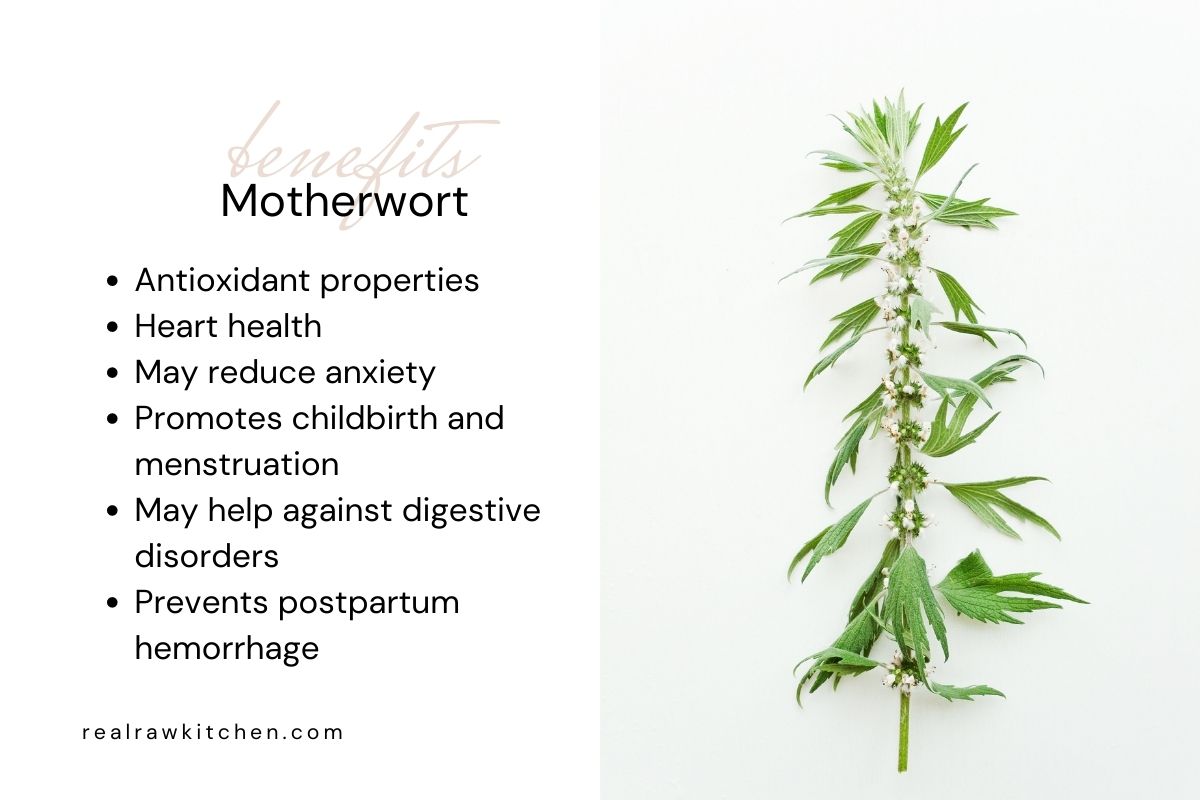

Early research has confirmed the following benefits of Motherwort:
- Antioxidant properties. Motherwort contains some plant-based compounds with anti-oxidant properties, such as flavonoids, sterols, triterpenes, and tannins. Antioxidants are compounds that protect cells from damage caused by free radicals, and they can help in preventing conditions caused by oxidative stress, such as Parkinson’s and Alzheimer’s.
- Heart health. Early research suggests that Leonurus cardiaca might help reduce irregular heart rate and lower blood pressure, thus preventing the blood clots that cause heart attacks. In Germany, it is an authorized treatment to calm down irregular heartbeats, in case of anxiety attacks or hyperthyroidism. Although the antiarrhythmic effects of the plant have been confirmed in animal studies, the same effects have not been observed on humans.
- May reduce anxiety. There aren’t many studies that examine the anti-anxiolytic properties of Leonurus cardiaca. However, early research suggests that it may be an effective therapeutic agent for patients with high blood pressure and concurrent psycho-neurological disorders such as anxiety, depression and sleep disorders, as suggested by a study conducted in 2011 .
In this study, 50 people affected by high blood pressure have been administered motherwort for 28 days. After this treatment, 32% of patients showed a reduction in sleep disorders and anxiety, whereas 42% improved moderately. All the patients showed significant improvements in their blood pressure. - Promotes childbirth and menstruation. There is no better herb than Leonurus cardiaca when it comes to gynecological afflictions. The plant contains leonurine, a uterine tonic that stimulates uterine contractions. Because of this stimulating effect, motherwort is still used today not only to encourage contractions and induce labor but also to induce periods in case of delays or amenorrhea. Another consequence of Motherwort’s toning effect on the uterus is that it can help ease menstrual cramps, as suggested by herbalist Susun Weed.
- May help against digestive disorders. According to Polish researchers in a review of the pharmacology of Motherwort, the plant can be beneficial in case of digestive disorders such as bloating, abdominal pain, and recurrent constipation, thanks to its spasmolytic effects on the smooth muscles of the gastrointestinal tract.
- Prevents postpartum hemorrhage. Motherwort injection is a modern patented injection extracted from motherwort, used to prevent postpartum hemorrhage after vaginal delivery and cesarean section.


Potential risks and side effects of Motherwort
The safety of Motherwort has not been well studied; however, obvious side effects appear to be rare and mainly due to occasional allergic reactions and gastrointestinal distress.
Because of the herb’s uterine stimulating function, Motherwort should not be used by pregnant women and breastfeeding women, at least not until further scientific investigation has been performed.
In addition, in case you’re taking other medicines, we strongly suggest getting professional medical advice before starting to use Motherwort’s supplements. In fact, they could interfere with sedative medications and lead to low blood pressure, thus increasing the chances of drowsiness and sleepiness. Motherwort should also be avoided before starting surgery: its sedative effects on the nervous system might lead to excessive sedation when combined with anesthesia and other medications used during and after surgery.


Motherwort’s side effects include:
- Diarrhea: An excessive use of this plant may cause stomach pain and diarrhea.
- The plant’s effects on blood flow could turn into a risk for people with bleeding disorders or those on complementary therapies with blood thinners.
- Potential miscarriage. Due to the stimulating effects on the smooth tissue of the uterus, motherwort should be avoided by pregnant women.
- Rashes: Motherwort leaves occasionally produce skin dermatitis when touched, and could increase sensitivity to the sun, with consequent sun damage
Motherwort forms and doses
Although part of the mint family, Motherwort’s taste is fairly unpleasant and bitter.
That’s why, when taken as a tea, it’s usually accompanied by honey, ginger, lemon, or sugar to make it more palatable. In eastern China, they still give it to women post-labor in the form of syrup, in order to promote the recovery of the uterus after childbirth.
In its traditional use, Motherwort has been administered as a tea or tincture, but today it is also possible to purchase it as an oil, powdered extract, capsules, or loose-leaf.
Although there aren’t clear indications of how much motherwort to take, it is advisable to consume less than 3 grams of powdered extract per day to avoid potential side effects. Depending on the particular form in which it is consumed, the amount of how much motherwort to take can vary as follows:
- Capsules: 2/3 capsules per day after each meal can help protect your endocrine system, and improve the heart health
- Tincture: 5-10 drops of motherwort tincture can help against menstrual cramps and ease chronic fatigue, according to herbalist Susun Weed.
- 2-4 gms or by infusion, as a sedative, or antispasmodic, as suggested by the BHP (British Herbal Pharmacopeia)
Recipes
There are a number of ways in which mother’s herb can be prepared and consumed safely.
Here we’ll share some easy preparations which will literally do good to your heart.
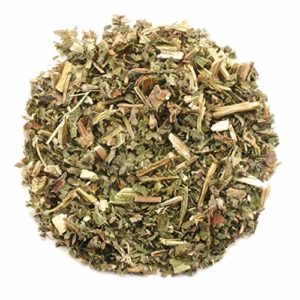

Motherwort tea
Motherwort tea can be prepared by steeping one to two teaspoons of dried herb in a cup of boiling water for at least 10 minutes. Double the amount of dried herb for each cup of boiling water added. We recommend not exceeding the amount of three cups per day, in order to avoid running into one of the contraindications mentioned above.


Motherwort honey
This recipe will help you enjoy motherwort at its fullest since the typical sweetness of the honey will cover its bitter taste. If you prefer a vegan version, you can just replace honey with a vegan replacement or with agave syrup.
What you’ll need:
- Glass amber jars
- Dried Motherwort leaf (blended into powder)
To make motherwort honey, you need to:
- Blend one cup of dried motherwort (otherwise, you can use motherwort’s powder) and add it to a jar with 2/3 cups of honey.
- Stir until combined and let it macerate for 48 hours.
A teaspoon of this honey can help to ease painful menstruation and to lower blood pressure and heart palpitations, or as a relief for hot flashes.
Motherwort tincture
If you’re planning to harvest lion’s tail as a garden plant, you can use all of its parts to make a tincture. Alternatively, you can buy loose leaves online.
What you’ll need:
When preparing this tincture, make sure the parts of the plant you’re using are thoroughly dry on the outside, as moisture on the plant may cause the tincture to mold.
- If using leaves, you need to fill up 3/4 of a glass jar; if using roots or other tough material like bark or twigs, then covering half of the glass jar will be enough.
- Pour vodka or another mild-tasting alcohol into the jar until all its content is covered. Make sure that the content of alcohol is at least 40% to 45% so that it can successfully extract the motherwort extract.
- Before closing the lid, run a sterilized non-metal utensil around the inside to release any air bubbles.
- Store in a dark place and, after 8 weeks, you can strain the content through muslin and then transfer it to a sterilized glass jar.
- Using an amber-colored jar would be better since amber protects the tincture against damage from light. If stored properly, this tincture can last for several years.
- Take 1/2 to 1 tsp of motherwort extract diluted in water, 3x per day, to help ease menstrual cramps or reduce chronic fatigue.
Try these other healing herbs for women’s wellness:
- Burdock root benefits
- Herbs for PCOS
- Plantain leaf benefits
- Herbs for balancing female hormones
- Herbs for sitz bath
- Schisandra berries
- Mullein root benefits
Learn more about herbal medicine


Calendula Benefits For Skin For Eczema, Dryness, & Wound Healing
Here are the powerful calendula benefits for skin and why I use it in all of my skincare products


7 Herbs For PCOS (& Other Natural Remedies)
Research shows that these herbs for PCOS can help treat symptoms. Here’s which ones to try.
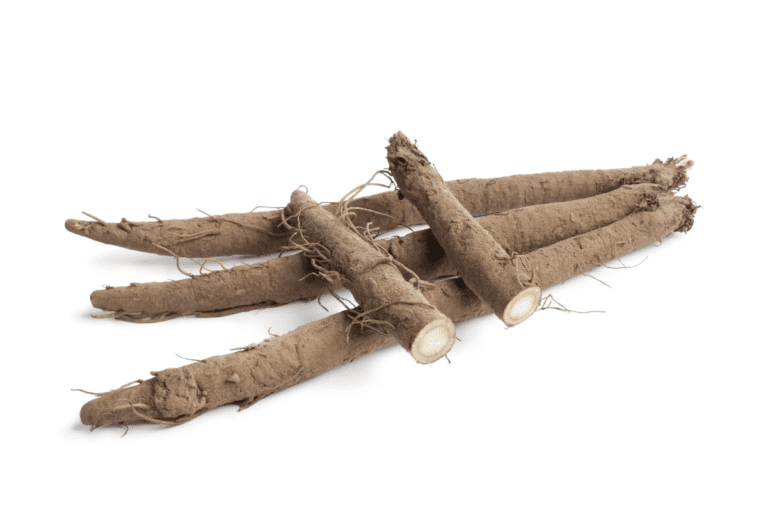

Burdock Root Benefits & Healing Recipes
These burdock root benefits will make you want to put this healing plant in your pantry!
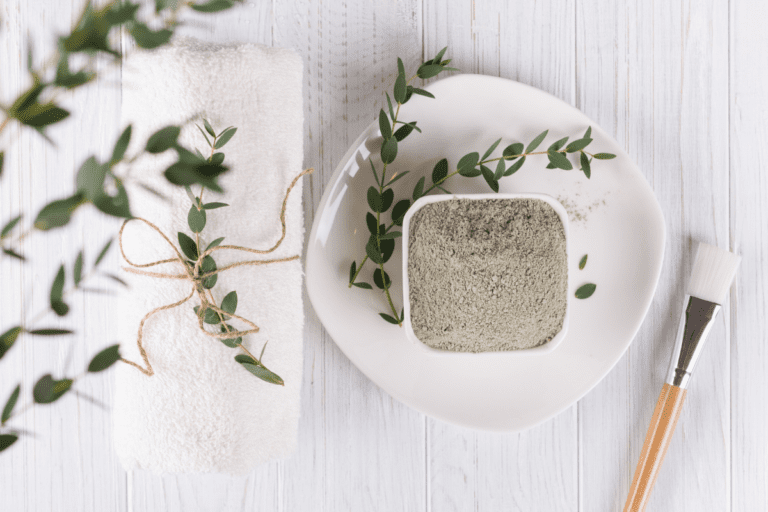

Incredible French Green Clay Benefits For Glowing Skin
Here are all of the incredible french green clay benefits for gorgeous, calm, healthy skin.


11 essential oils for PCOS relief and support
PCOS can be challenging for our beautiful bodies. Here are 11 essential oils for PCOS that can help make it a little easier.


How to use essential oils in the shower to heal everything
Here’s how I use essential oils in the shower, plus a few recipes!


How to make a perfect herbal sitz bath
Here are the perfect herbs for a healing sitz bath.


Exploring Mullein Plant Medicinal Uses (And Recipes)
Discover the medicinal benefits of the mullein plant for respiratory issues, skin conditions and ear pain. Plus a few recipes for your own home remedies.
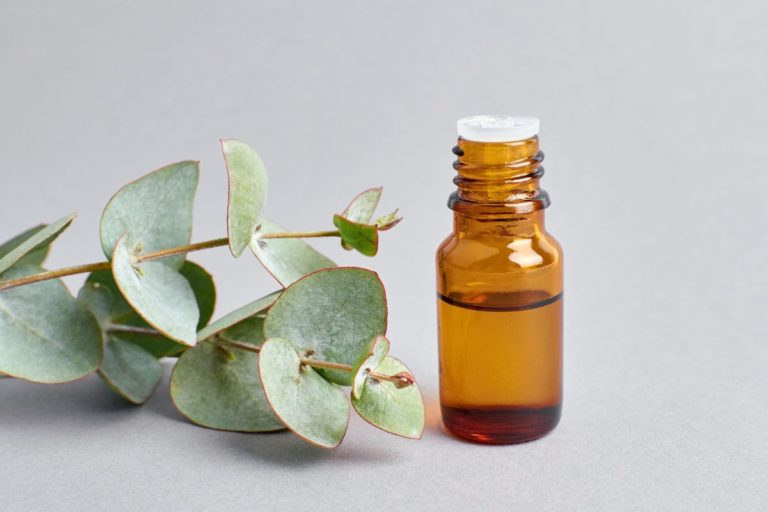

6 best essential oils for the lymphatic system
Essential oils can be used to stimulate the lymphatic system, reduce inflammation, and improve immune system functioning. Learn how to use essential oils for lymph nodes and which oils are most effective.
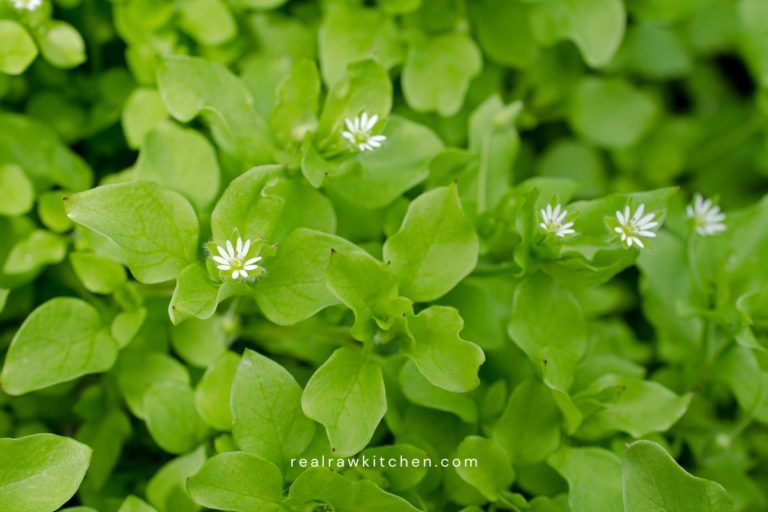

Chickweed health benefits for your home
Learn more about the chickweed health benefits and why you’ll want it in your own home medicine cabinet.
